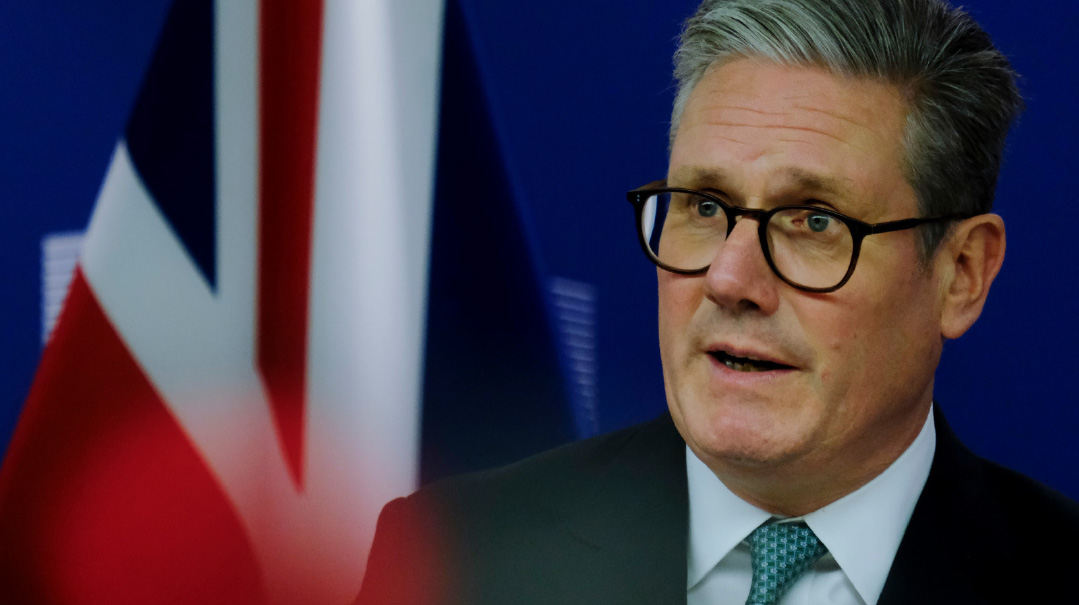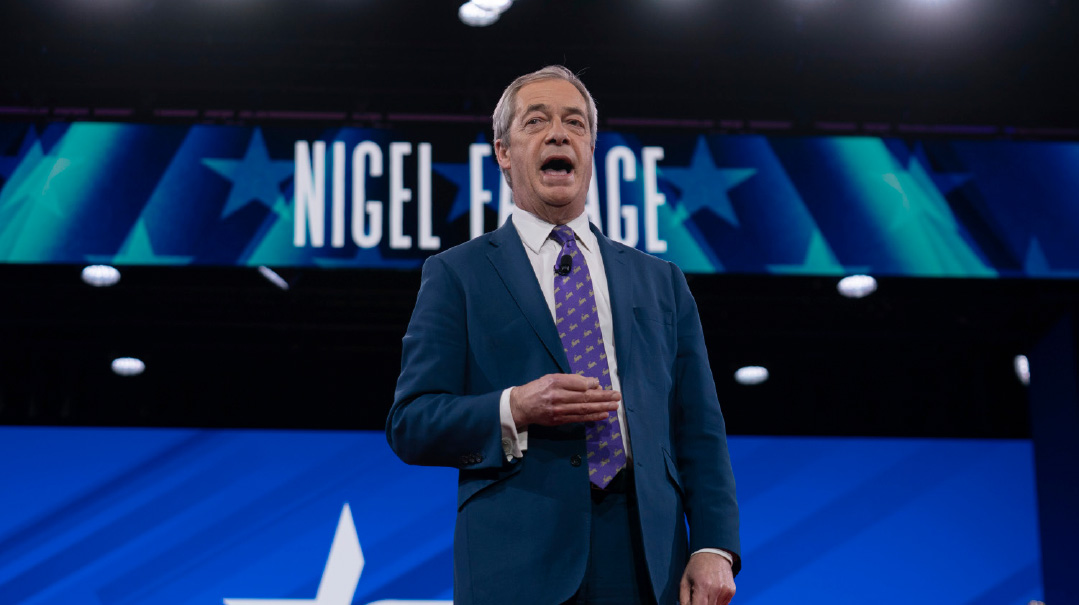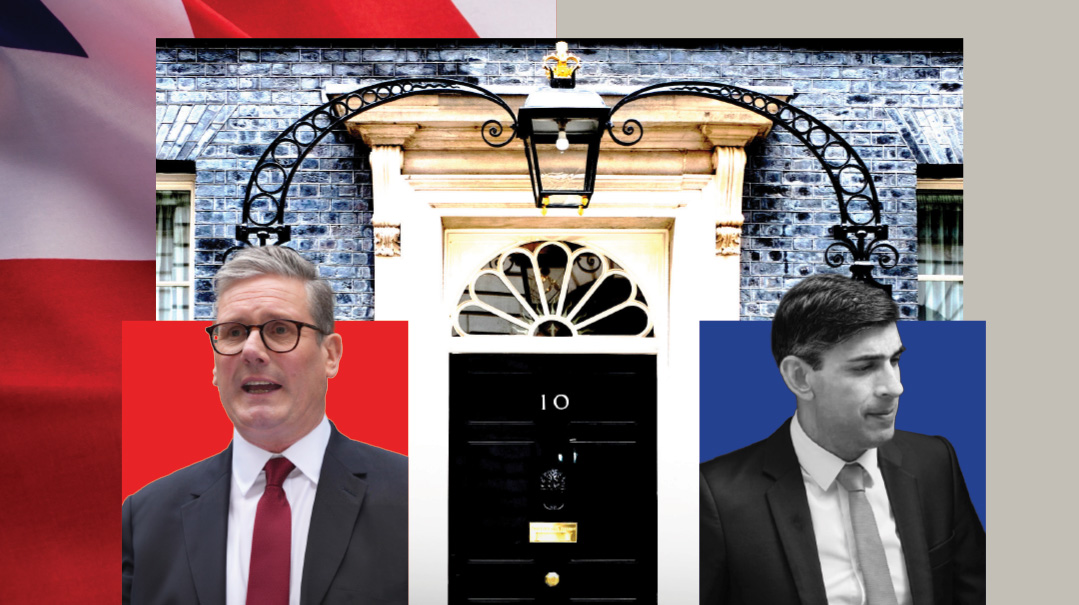Le Chaos

To understand the turmoil facing French democracy, we spoke with French political analyst Jean-Yves Camus

Photo: AP Images
France is engulfed in an unprecedented political crisis after Prime Minister Michel Barnier’s government was toppled by an unlikely alliance of the far-left and far-right forces intent on showing President Emmanuel Macron that his power exists only on paper.
Barnier, who lasted a mere three months in office, now holds the dubious distinction of being the shortest-serving PM in modern French history. His departure came after Parliament forced his resignation by rejecting his fiscal plan.
Yet this is merely the first major fallout from Macron’s political misstep earlier this year. His decision to call early parliamentary elections last June effectively handed power to France’s political extremes: Jean-Luc Mélenchon’s far-left La France Insoumise (Unbowed France), known for its anti-Israel stance; and Marine Le Pen’s National Rally, the anti-immigration standard-bearer of the so-called “new right.”
Macron’s government must pass a budget law, but given its evident fragility, voices from the opposition and some media outlets are demanding the president’s resignation. Macron, however, remains defiant, promising to serve “until the last day” of his term in May 2027.
In the meantime, this political chaos highlights a troubling reality: the shrinking center in global politics. While Macron accuses both the far left and far right of “seeking chaos,” many believe the French president himself bears the greatest responsibility for the crisis.
To understand the turmoil facing French democracy, we spoke with French political analyst Jean-Yves Camus. Here are five key takeaways:
What Happened?
An unlikely alliance between the far-right National Rally and the far-left La France Insoumise succeeded in passing a no-confidence vote against Prime Minister Michel Barnier. At the heart of their objection was Barnier’s attempt to bypass Parliament with a maneuver to push through a social security financial bill.
The result? Barnier’s ouster and a political crisis that leaves Emmanuel Macron’s already precarious government in tatters. Macron now faces the unenviable task of appointing a new prime minister — though the political landscape makes meaningful change unlikely.
Why Did This Happen?
Macron’s government has been operating with a parliamentary minority since last June’s legislative elections, which he called early following his party’s disastrous results in the preceding European parliamentary elections. While Macron managed to prevent a full takeover by the far-right National Rally, his party emerged weakened and vulnerable. For the first time in French Republican history, the political extremes on both ends of the spectrum control the balance of power. The centrist mainstream has been relegated to minority status, leaving Macron hamstrung. Complicating matters further, France’s constitution prohibits calling new elections until at least June 2025.
Macron Stays the Course
Speculation had been swirling about a possible resignation by President Macron. “It would be the best thing for France’s political system,” Jean-Yves Camus told Mishpacha. But Macron dashed such hopes in a nationally televised address, firmly declaring his intent to serve out his current term.
No Lifeline in Sight
One potential avenue for Macron would be to appoint a prime minister from one of the powerful opposition parties, either on the far left or far right.
But Camus quickly dismissed this as implausible: “It’s not going to happen. Even if Macron extended such an offer, these parties wouldn’t accept. Their strength lies in opposition or in winning power through direct electoral means, not through compromise.”
What Does This Mean for French Jews?
Prime Minister Barnier’s departure could precipitate cabinet reshuffles, potentially altering alliances. For France’s Jewish community, the greatest concern is the fate of Interior Minister Bruno Retailleau. Retailleau has earned the community’s respect for his firm stance against anti-Semitic attacks, imposing penalties and ensuring their enforcement — a rarity in France’s recent history. Many local Jews hope he will retain his position, but with political uncertainty mounting, his future is anything but assured.
In a country where the center can no longer hold, France’s current political chaos may be a harbinger of the new normal in global democracies: a world in which extremes reign supreme, and the space for compromise narrows ever further.
(Originally featured in Mishpacha, Issue 1040)
Oops! We could not locate your form.







